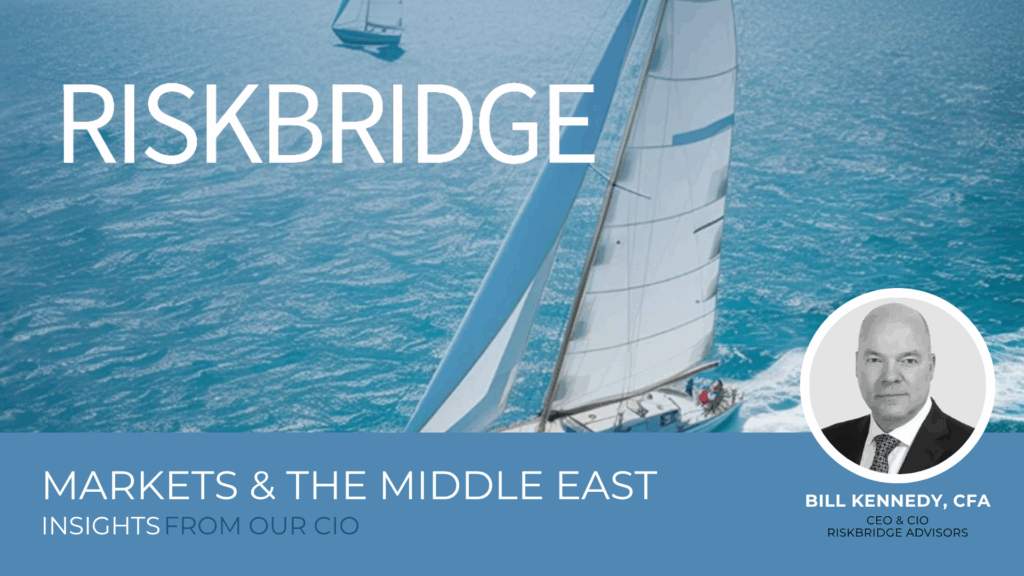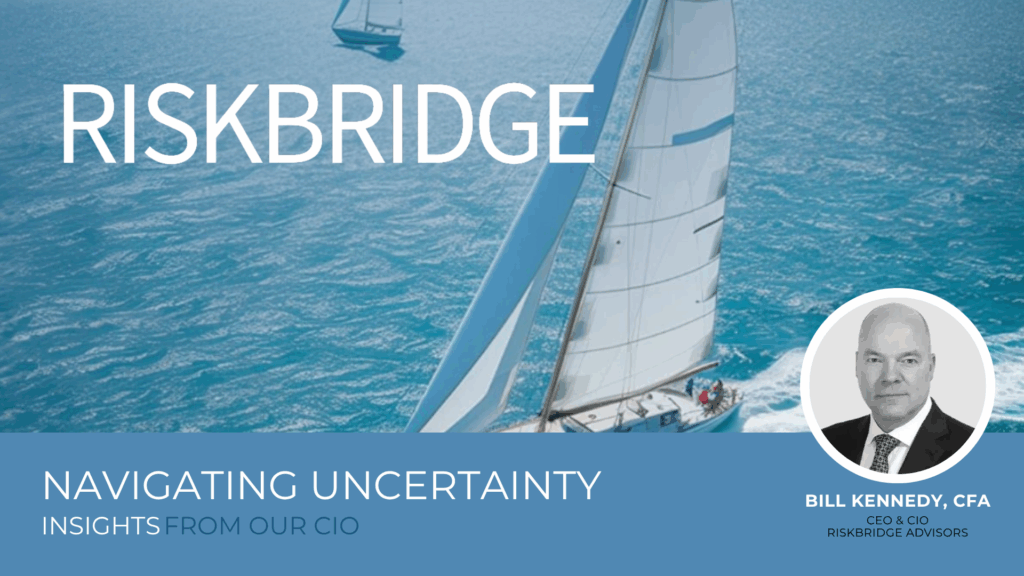When Wealth Creates Risk: Why Asset Protection Is No Longer Optional
You’ve built something meaningful—maybe a business, a real estate portfolio, or a growing investment account. But success brings exposure. Lawsuits, creditors, and even family disputes can put your wealth at risk.
If you think traditional insurance is enough, you may be leaving yourself vulnerable. Lawsuits can pierce policies. Family members may contest wills. Business liabilities may spill into your personal estate.
That’s why more high-net-worth individuals are turning to a powerful tool: the irrevocable trust for asset protection.
What Is an Irrevocable Trust—and Why It’s So Powerful
An irrevocable trust is a legal structure that allows you to transfer ownership of assets out of your personal estate. Once assets are placed inside the trust, they are no longer legally yours.
This is a feature, not a flaw.
Because you’ve given up direct control, your assets gain a protective shield. Creditors, plaintiffs, or ex-spouses generally cannot access what’s in the trust.
Irrevocable vs. Revocable Trust: What’s the Difference?
Many people already have a revocable trust. It’s a helpful tool for avoiding probate and keeping your estate private. But revocable trusts don’t offer protection from lawsuits or creditors.
Why? Because you still control the assets. Courts can view them as part of your estate.
In contrast, an irrevocable trust removes those assets from your name, offering a level of protection you can’t get with revocable planning.
What Is a Domestic Asset Protection Trust (DAPT)?
A Domestic Asset Protection Trust (DAPT) is a type of irrevocable trust designed specifically for asset protection. It allows you to be both the grantor and a discretionary beneficiary. That means you can still benefit from the assets—even though they’re no longer in your name.
Not all states permit DAPTs, but many do. Some of the most favorable jurisdictions include:
- Nevada
- South Dakota
- Delaware
- Alaska
Even if you don’t live in these states, you may still be able to set up a DAPT there, depending on your circumstances.
Who Should Consider an Irrevocable Trust for Asset Protection?
This strategy isn’t just for the ultra-wealthy. It’s ideal for people who:
- Work in high-liability professions (physicians, attorneys, executives)
- Own real estate or closely held businesses
- Are planning to pass down significant wealth
- Are concerned about divorce, lawsuits, or future estate tax law changes
If your net worth is growing and your estate is exposed, it’s time to explore your options.
Where It Fits in Your Overall Strategy
An irrevocable trust is not a standalone solution. It works best when integrated into a full estate, tax, and financial plan.
At Finley Davis Financial, we coordinate with estate attorneys and CPAs to ensure these trusts align with your goals. Together, we look at your full picture—assets, family needs, tax exposure—and create a custom roadmap.
It’s one layer in a broader protection strategy that evolves as your life does.
Common Misconceptions (And What to Watch Out For)
Myth 1: I’ll lose all control. Not necessarily. Many irrevocable trusts let you retain indirect control or appoint trusted individuals to manage the assets according to your wishes.
Myth 2: I don’t need this because I have insurance. Insurance can be capped or contested. A trust adds a layer that insurance simply can’t.
Myth 3: These are only for billionaires. Wrong again. Even families with a few million in assets can benefit—especially if their exposure is high.
Be cautious though. Poorly written trusts can fail. Work only with qualified professionals who understand your goals and the applicable state laws.
Is an Irrevocable Trust Right for You?
If you’re serious about protecting your legacy, it may be time to look beyond insurance. An irrevocable trust for asset protection could be the missing layer in your wealth strategy.
Let’s talk through how this could fit your goals. At Finley Davis Private Wealth, we believe your hard work deserves a plan that stands the test of time.
—-
Past performance is no guarantee of future results. Personnel of RiskBridge Advisors, LLC (“RiskBridge”) prepared this material. The views expressed herein do not constitute research, investment advice, or trade recommendations. RiskBridge may, from time to time, participate or invest in transactions with issuers of securities that participate in the markets referred to herein, perform services for or solicit business from such issuers, and/or have a position or effect transactions in the securities or derivatives thereof.
This material is distributed for informational purposes only. All material presented is compiled from sources believed to be reliable, but accuracy cannot be guaranteed, and RiskBridge makes no representation as to its accuracy or completeness. Any opinions, recommendations, and assumptions included in this material are based upon current market conditions, reflect the judgment of RiskBridge as of the date indicated, and are subject to change without notice. You acknowledge and agree that RiskBridge is not obligated to provide any additional information or update such information in making the information available. Securities and/or indices highlighted or discussed in this communication are mentioned for illustrative purposes only and should not be construed as investment recommendations. All investments involve risk, including the loss of principal. Before implementing any strategy, consult with a qualified financial adviser and/or tax professional. This information is not intended to provide investment, tax, or legal advice, and this material is not to be relied upon in substitution for the exercise of independent judgment. This material is not to be reproduced, in whole or part, without the written consent of RiskBridge.
Tax and legal services are not provided by Lion Street Financial, LLC, and Lion Street Advisor, LLC.






